Embrace the flavors of Japan! These 5 words will deepen your appreciation for foodie culture.
Japanese food culture is not just about the flavors and dishes; it’s also deeply rooted in the language and etiquette that surround the dining experience. When visiting a Japanese restaurant, knowing a few key phrases can greatly enhance your experience as a foodie (or shokutsu in Japanese) and show respect for the culture. Here’s a guide to some essential words and phrases to learn about the Japan food culture every foodie should know:
1. Saying Hello When Entering a Restaurant
Morning
· Formal: “Ohayo gozaimasu” – This is the polite way to say “good morning” in Japanese. It’s perfect for greeting staff when you enter a restaurant early in the day.
· Casual: “Ohayo” – A more casual take on “good morning,” suitable if you’re entering a more relaxed or familiar eatery.
Afternoon
· “Konnichiwa” – This is the standard greeting for “good afternoon” in Japan. It’s versatile and appropriate in almost any dining establishment you enter during the daytime.
Evening
· “Konbanwa” – As night falls, switch your greeting to “konbanwa,” the formal way to say “good evening.”
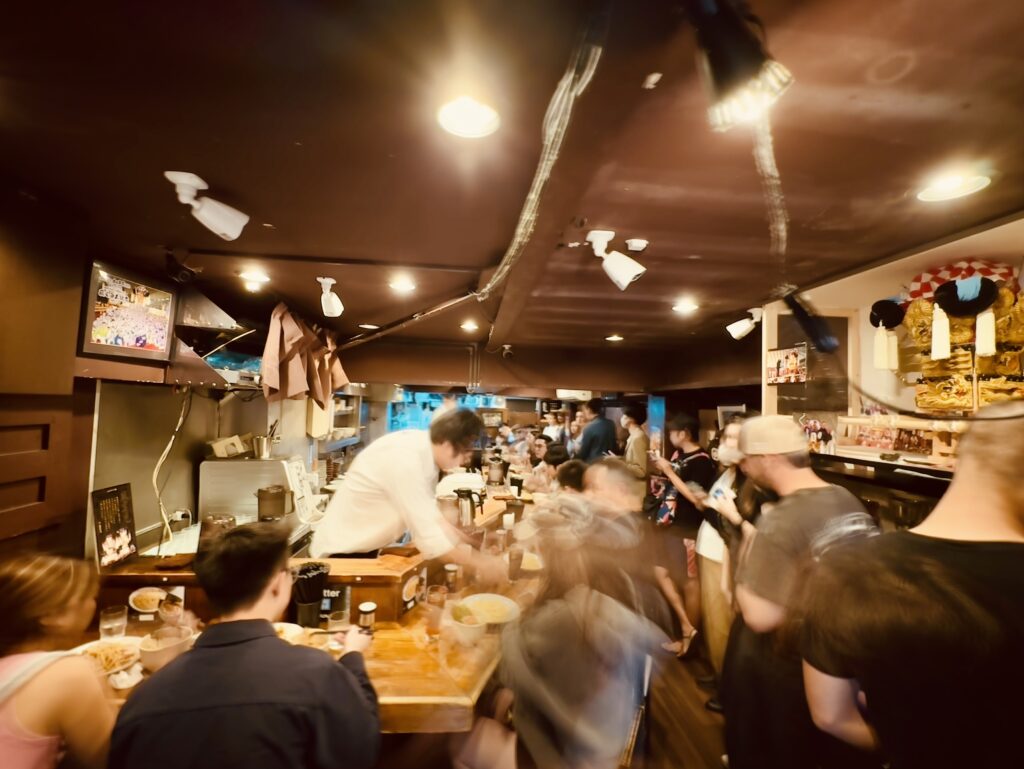
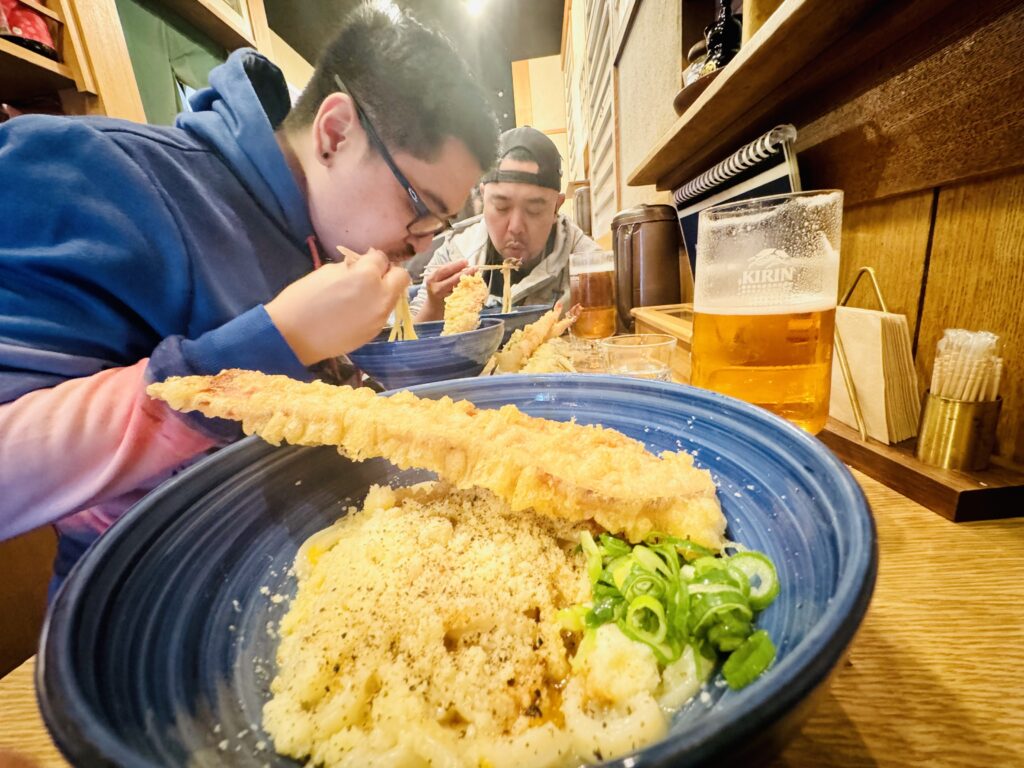
2. When You Receive Your Food
· “Itadakimasu” – Pronounced [ee-tah-dah-kee-mah-su], this phrase is said before you start eating. It expresses gratitude for the food and the effort that went into preparing it. It’s a beautiful way to acknowledge the chef’s work and the ingredients used.
3. Being Polite and Saying It Tastes Good or Amazing
Taste Good
· “Oishi” – When you want to compliment the food, “oishi” is your go-to word. It means “delicious” or “tasty,” and saying it with a smile will always be appreciated.
Amazing
· “Sugoi” – This word translates to “amazing” or “incredible.” Use it when a dish truly impresses you and exceeds your expectations.
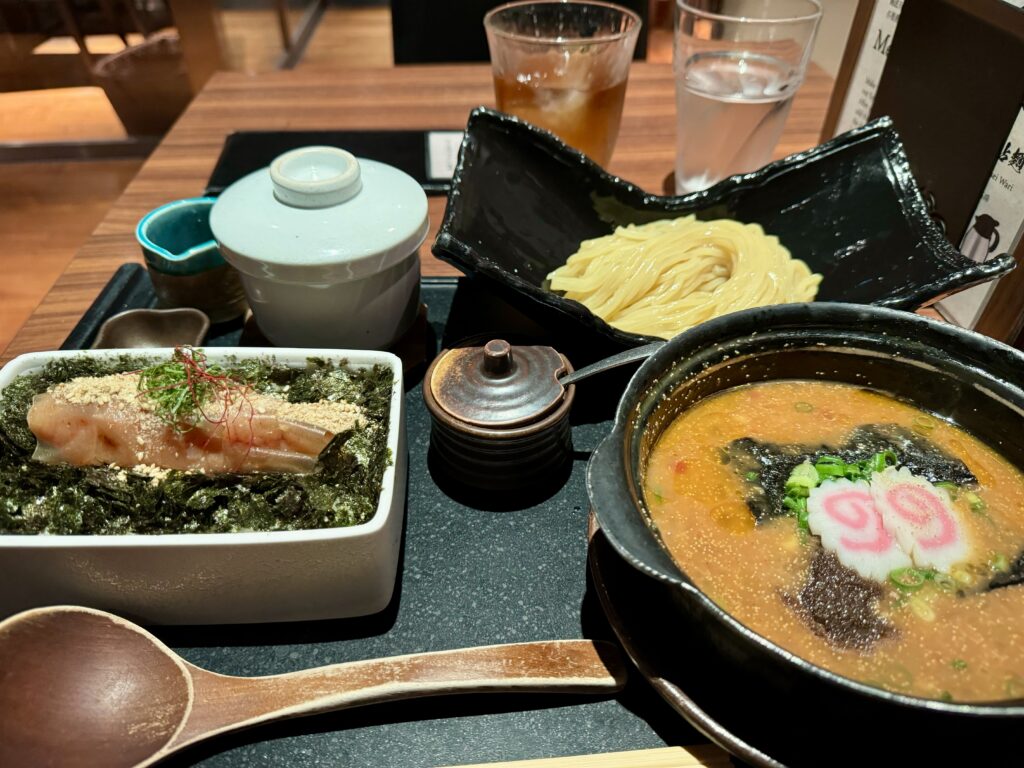
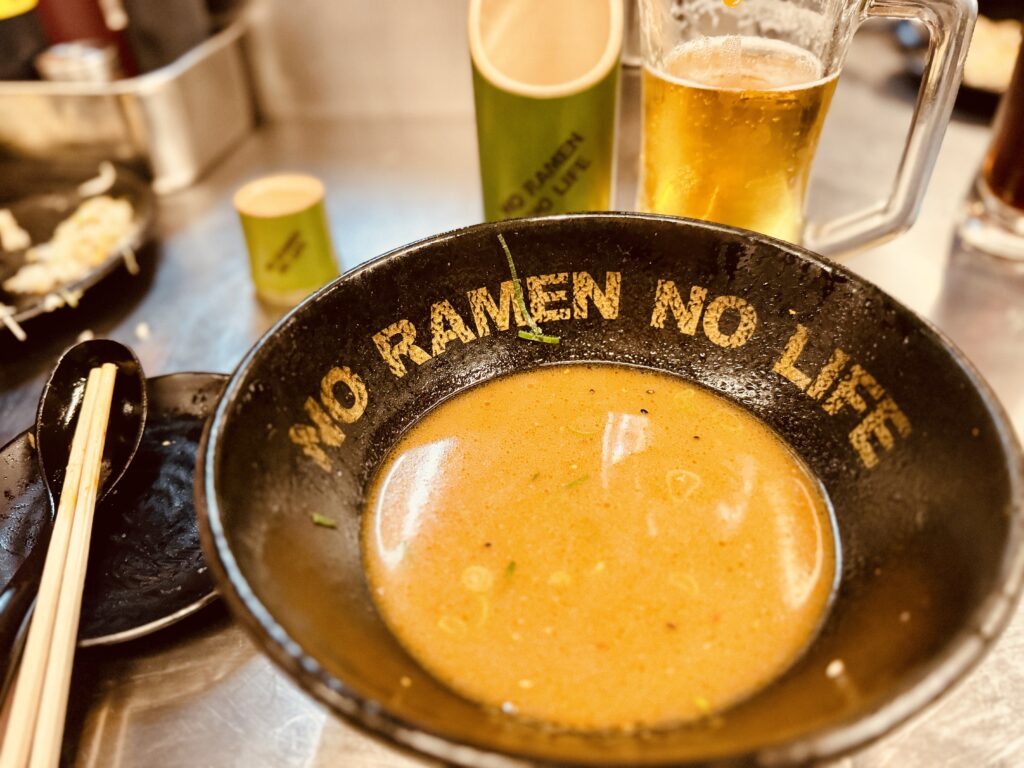
4. When You Finish Eating
Formal
· “Gochisousama deshita” – After finishing your meal, this phrase, meaning “It was a feast,” is a formal and respectful way to express gratitude for the meal. It recognizes the chef’s effort and skill.
Casual
· “Gochisousama” – This is a more casual version of the above phrase. It’s perfect for informal dining settings or when you’ve become a regular at a place.
5. Goodbye
· “Arigatou gozaimashita” – Thank you very much – a polite way to thank the staff for their service.
· “Mata kimasu” – I will come again – indicating you plan to return.
· “Jaa mata” – A casual way to say “Well then, see you again.”
· “Otsukaresama deshita” – This phrase is often used in work situations to thank someone for their hard work, but it can also be used in service situations to show appreciation for the service provided.
· “Sayonara” – This is a more formal and less commonly used way to say goodbye, usually implying that you will not see each other for a while.
· “Ki o tsukete” – Take care – a friendly way to say goodbye.
· “Mata no chikai uchi ni” – Hope to see you soon – a warm way to say you’re looking forward to your next visit.
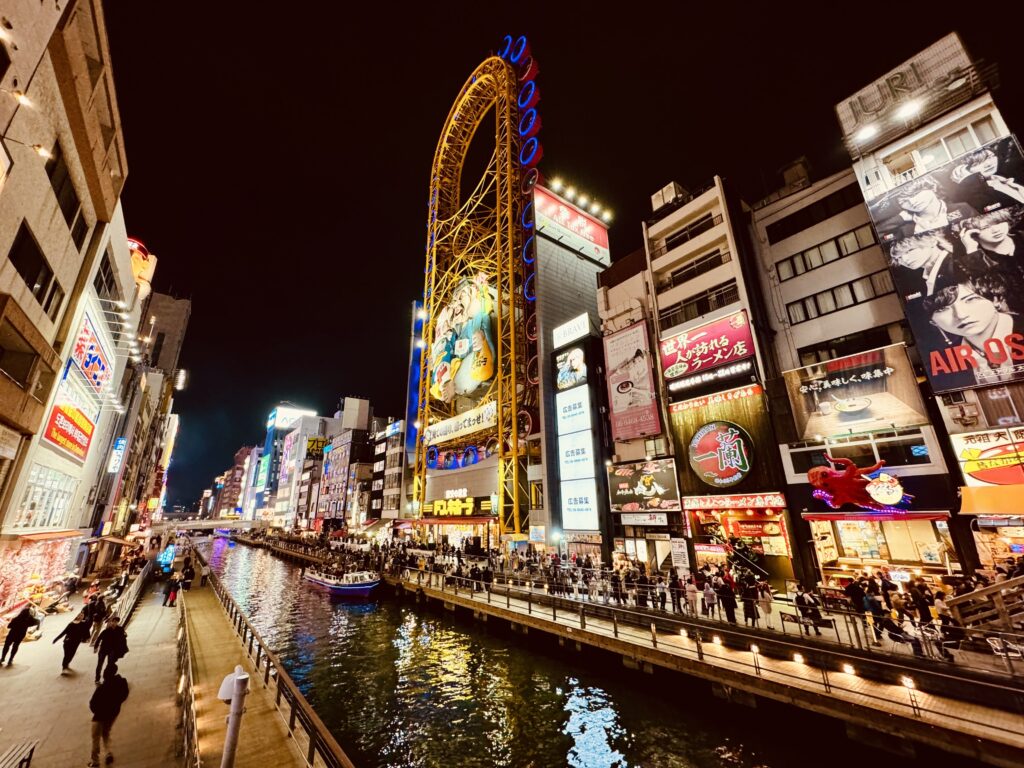
Embracing the Language of Japanese Dining
By incorporating some these words into your dining experience, you not only show respect for Japanese culture but also deepen your connection with the food and the people who prepare it. Each phrase, from the morning greeting to the final goodbye, carries with it a sense of appreciation and mindfulness that is central to Japanese cuisine. So, the next time you find yourself in a Japanese restaurant, remember at least a few of these terms and embrace the full experience of Japan’s rich culinary tradition.


Super useful page! This particular page helped me quite a bit in narrowing down the important phrases/words in making my Japan trip even more efficient. Thanks!